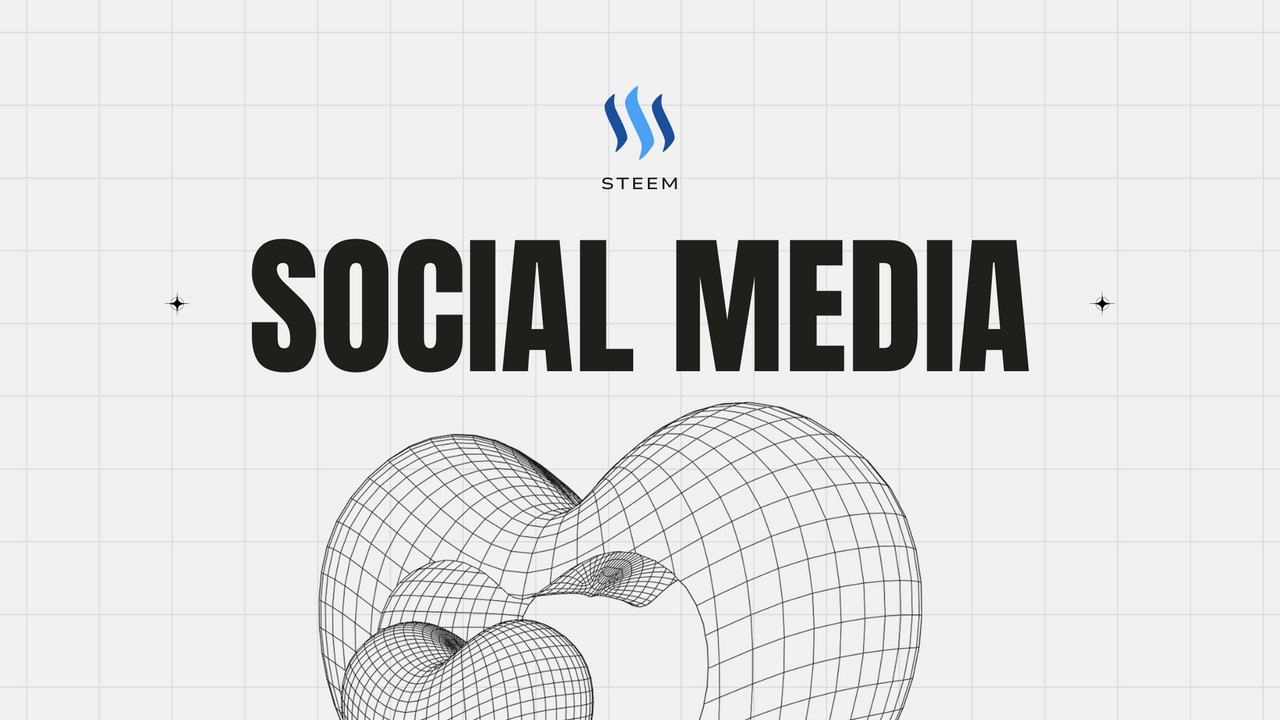
A lot of interesting things have been happening on Steemit lately. Developers are increasingly reporting new developments, authors are announcing new initiatives, the Steemit team is changing the rules in search of a better organization of interaction, etc. It seems that the platform is developing.
I wanted to make sure of this, so I started looking for some tools that I could use to get some statistics, like the number of active authors or something like that. Unfortunately, I didn't find anything. I then asked Gemini how I could learn to get such data directly from the blockchain. His answer let me know that it is not impossible, but at the moment I will not be able to find enough time to learn how to do it. 😉
But, as always, I did not give up so easily. I continued my search and it brought me to Google Academy. You have no idea how much Steemit is an interesting research platform for scientists. I discovered dozens of research papers about Steemit. And they are not necessarily outdated.
I became interested in reading what scientists learned about our platform in 2024, so I filtered the articles and got at least 30 that are dated to the current year. I didn't have access to most (full versions), but some were readable. Scientists investigated various issues. I did not find the statistics I was interested in, but I came across one interesting article: Data collection, preprocessing and descriptive analytics of social media data. I'm sure some of the information from this article will be interesting to you.
This work is devoted to the analysis of data from the Steem blockchain. In particular, the authors compared the number of comments and the number of SPs. According to their results, the more SP a user has, the more they comment.

I can agree with this, because the largest SP owners, who are also the least active, mostly delegate their SP to voting services. Therefore, users with the largest number of active SP are mostly really active in commenting.
Another article presented the results of research on health content: The Effect of Monetary Incentives on Health Care Social Media Content: Study Based on Topic Modeling and Sentiment Analysis. I would like to point out some interesting facts from this article.
Results regarding the emotional coloring of posts in Steemit and Reddit:
| Emotion aspects | Steemit posts (N=1000), n | Reddit posts (N=1000), n |
|---|---|---|
| Joy | 435 | 200 |
| Sadness | 276 | 422 |
| Fear | 105 | 125 |
| Anger | 3 | 22 |
As can be seen from the results, the authors on Steemit much more prefer happy posts, while anger, fear and hatred live in ordinary social networks. In fact, it is noticeable even without an analytical approach.
And now the main thing I wanted to talk about. The researchers also analyzed the quality of content on Steemit and Reddit. For this, they conducted an online survey.
We designed the study so that participants first read the post via a link that brought them to see the post on a third-party website without Steemit or Reddit logos, preventing possible biases in answering questions, and then answered 5 questions (mix of multiple choice and text entry types).
Here's how respondents ranked posts by quality level:
| Content quality question | Steemit posts (N=230), n | Reddit posts (N=230), n |
|---|---|---|
| Poor | 17 | 67 |
| Average | 81 | 106 |
| Good | 132 | 57 |
To what extent do posts encourage commenting:
| Likelihood to comment on or like posts question | Steemit posts (N=230), n | Reddit posts (N=230), n |
|---|---|---|
| Not likely at all | 55 | 95 |
| Neutral | 56 | 65 |
| Extremely likely | 119 | 70 |
Subscription probability:
| Subscription probability | Steemit (N=230), n (%) | Reddit (N=230), n (%) |
|---|---|---|
| No | 119 (51.7) | 183 (79.6) |
| Yes | 111 (48.3) | 47 (20.4) |
Some conclusions
Talking to some of the users here on Steemit, I have heard more than once that the ability to receive rewards for content has a negative effect on the quality of the authors' content. And indeed, if Steemit is a person's only source of income, then he is forced to write posts every day, or even several posts a day. The quantity definitely reduces the quality of the posts.
However, as the mentioned studies have shown, if we apply a more analytical approach to this issue, we see that in general, the possibility of receiving rewards induces authors to produce higher quality content. Indeed, when an author posts something on Reddit or Facebook, their goal is to provoke interaction, not to convey a certain point. That is why "normal" social networks are dominated by memes and various mockery. In contrast, on Steemit, people avoid content that may cause negative emotions for fear of losing their earnings.
Questions to developers
I was just wondering if there was a way to get information like this post. It would be interesting to learn something similar information for the last 2-3 years.
Sources (https://creativecommons.org/licenses/by/4.0/):
- Lloyd, Zach; Mathews, Sara; and Williams, Elise, "Data collection, preprocessing and descriptive analytics of social media data". ReSEARCH Dialogues Conference proceedings. https://scholar.utc.edu/research-dialogues/2024/Proceedings/1.
- Negar Maleki, Balaji Padmanabhan, Kaushik Dutta. Originally published in the Journal of Medical Internet Research (https://www.jmir.org), 11.05.2023.
